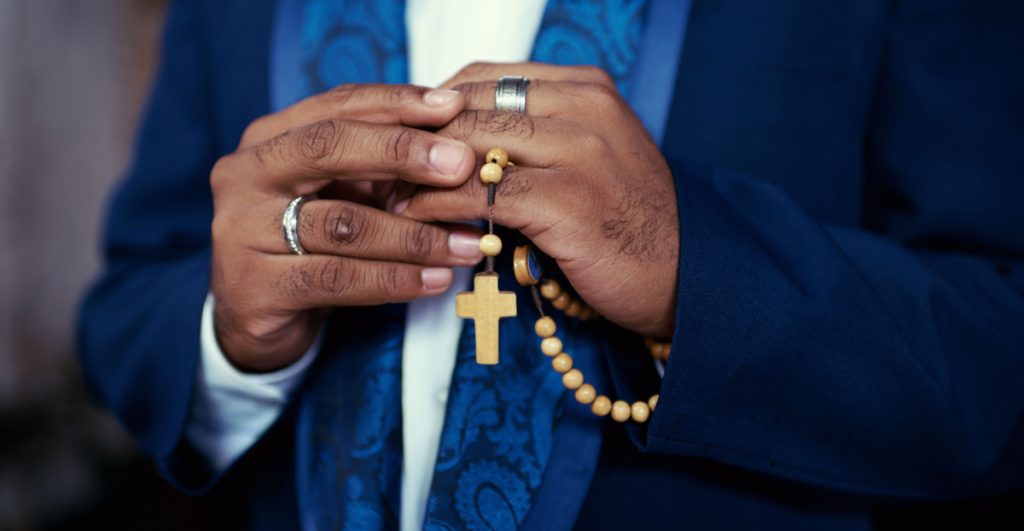Three early pontiffs from North Africa left a lasting legacy on Catholic doctrine and tradition
Others are reading now
Before Islam became the dominant religion in North Africa, the region was a thriving center of early Christianity — and the birthplace of several Catholic popes whose influence still resonates today. As reported by Digi24, three African popes in particular played pivotal roles in shaping church practices and global Catholic identity.
Victor I and the Sunday Easter Tradition
Victor I, believed to be of Berber descent, served as pope from 189 to 199 CE. He is credited with resolving one of early Christianity’s most heated controversies: the date of Easter. Some Christians in Roman Asia celebrated it in line with the Jewish Passover, but Victor insisted it should always fall on a Sunday — aligning with the resurrection of Christ. His stance, backed by threats of excommunication, standardized the observance across the Western Church. Victor also began the shift toward Latin as the primary liturgical language, replacing Greek and helping unify Christian rites.
Miltiades: From Persecution to Imperial Favor
Also read
Miltiades, pope from 311 to 314, oversaw the Church during a crucial turning point: the end of Christian persecution. Though not directly responsible, he benefited from Emperor Constantine’s embrace of Christianity. Miltiades was the first pope granted a Roman palace and the authority to build the Basilica of St. John Lateran — today still considered the “mother church” of Catholicism.
Gelasius I and the Birth of Valentine’s Day
The most influential of the three was Gelasius I (492–496), who formalized the pope’s role as “Vicar of Christ” and defined the separation of Church and State through his “Doctrine of the Two Swords.” He also played a major role in combating the Acacian Schism between Eastern and Western Christianity. Most famously, Gelasius instituted the feast of Saint Valentine on February 14 in 496, a Christianized alternative to the Roman festival Lupercalia, establishing the roots of today’s Valentine’s Day.
Why No More African Popes?
Despite early prominence, no African pope has been elected since Gelasius. Historians point to the decline of the North African Church after the fall of Rome and the Muslim expansion in the 7th century. Others cite centuries of Italian dominance in papal selection. Still, Catholicism is now growing fastest in sub-Saharan Africa, and names like Cardinal Peter Turkson and Cardinal Robert Sarah are regularly floated as potential successors to Pope Francis.
With over 280 million Catholics in Africa today, the region’s spiritual clout is undeniable. Whether that translates into a future African pope remains to be seen — but the legacy of its past leaders is already woven into the fabric of global Christianity.


